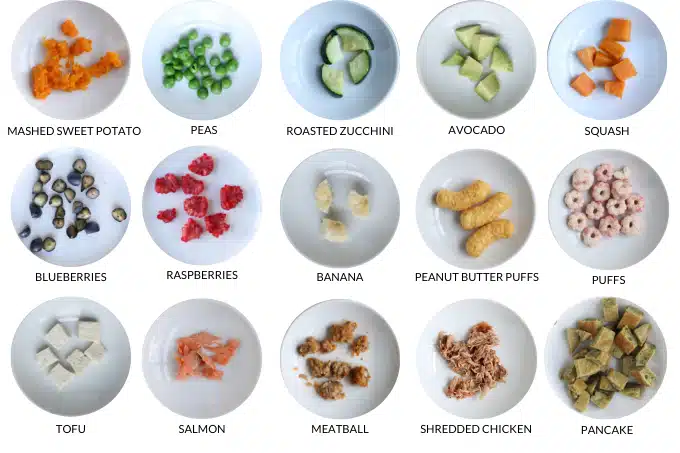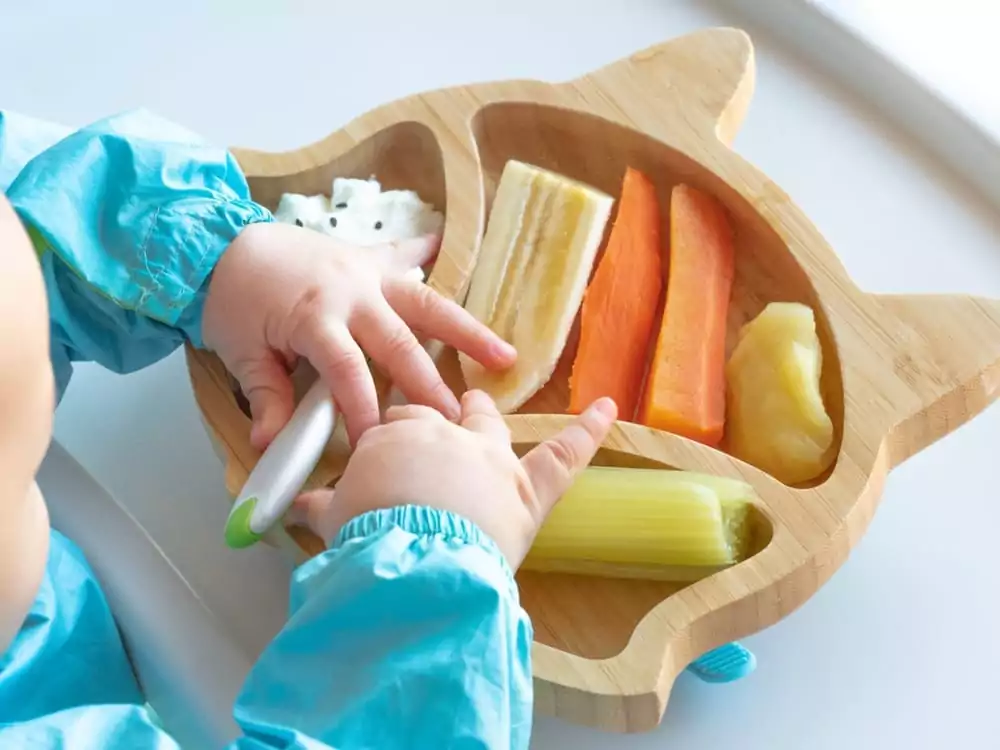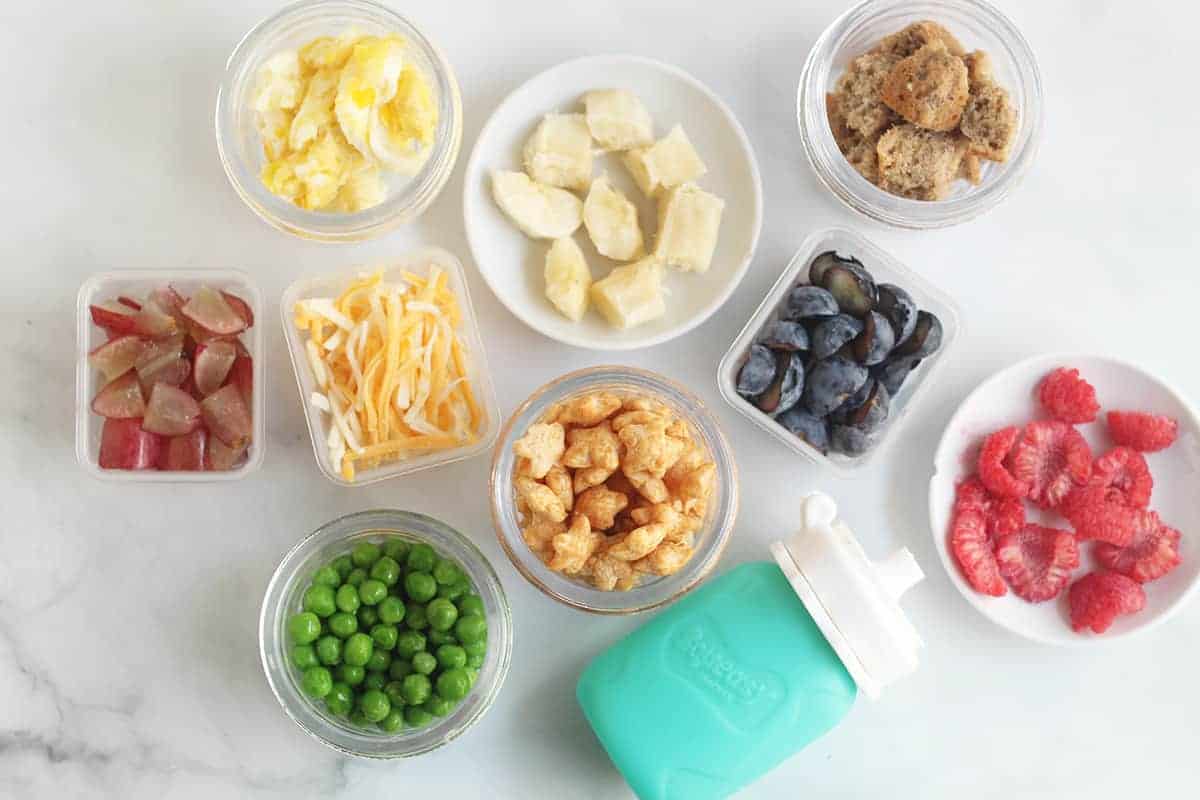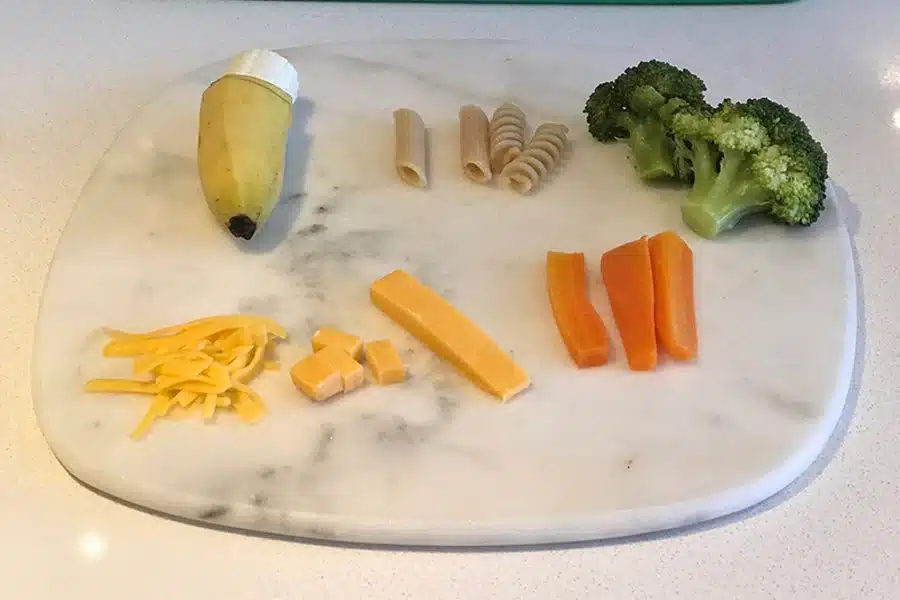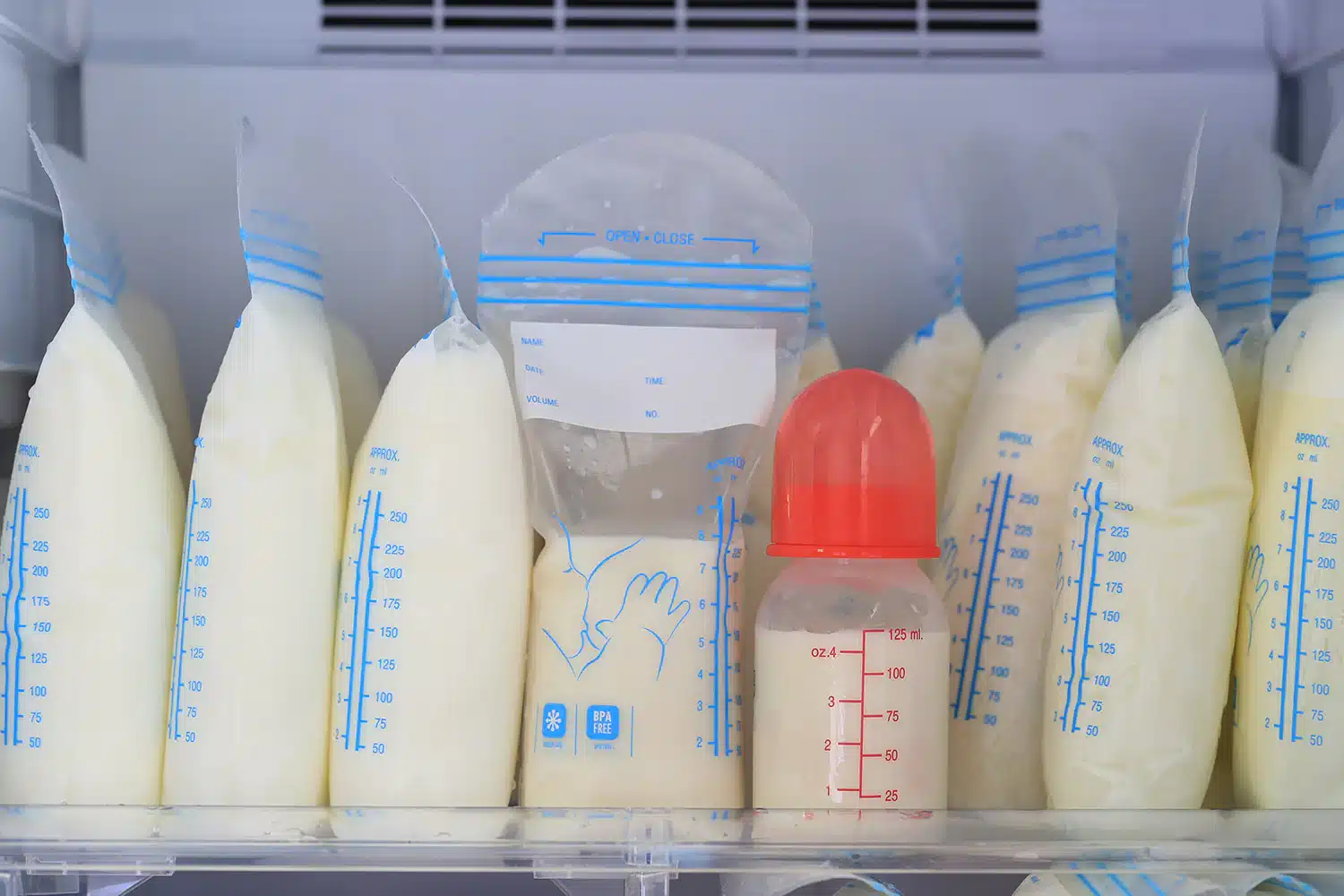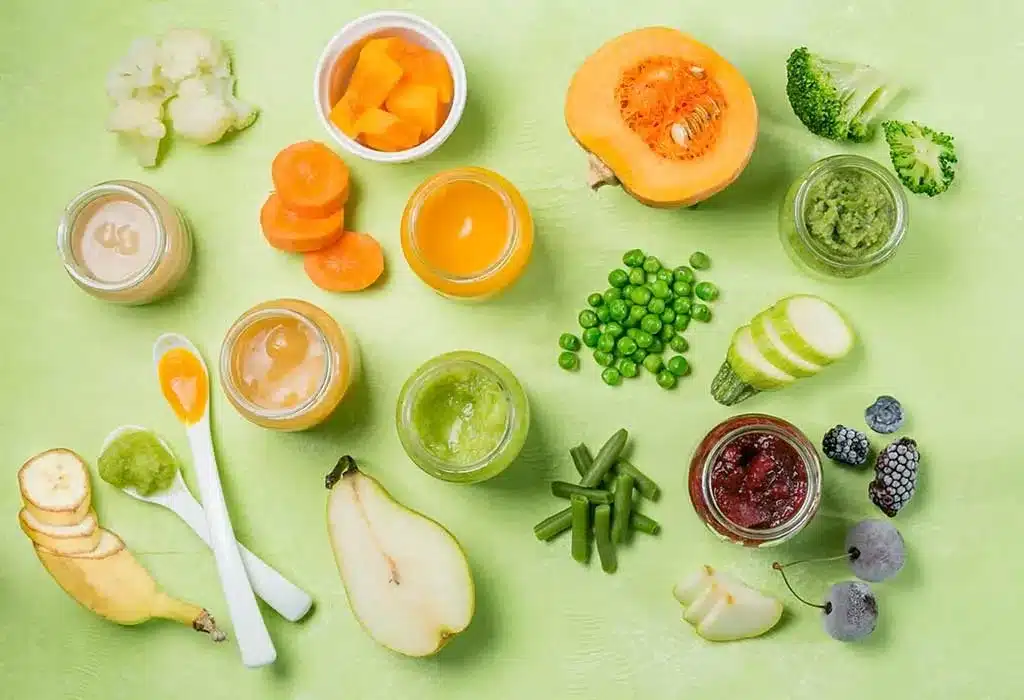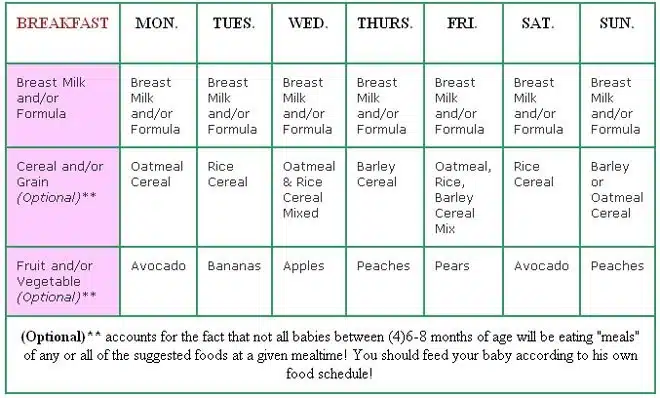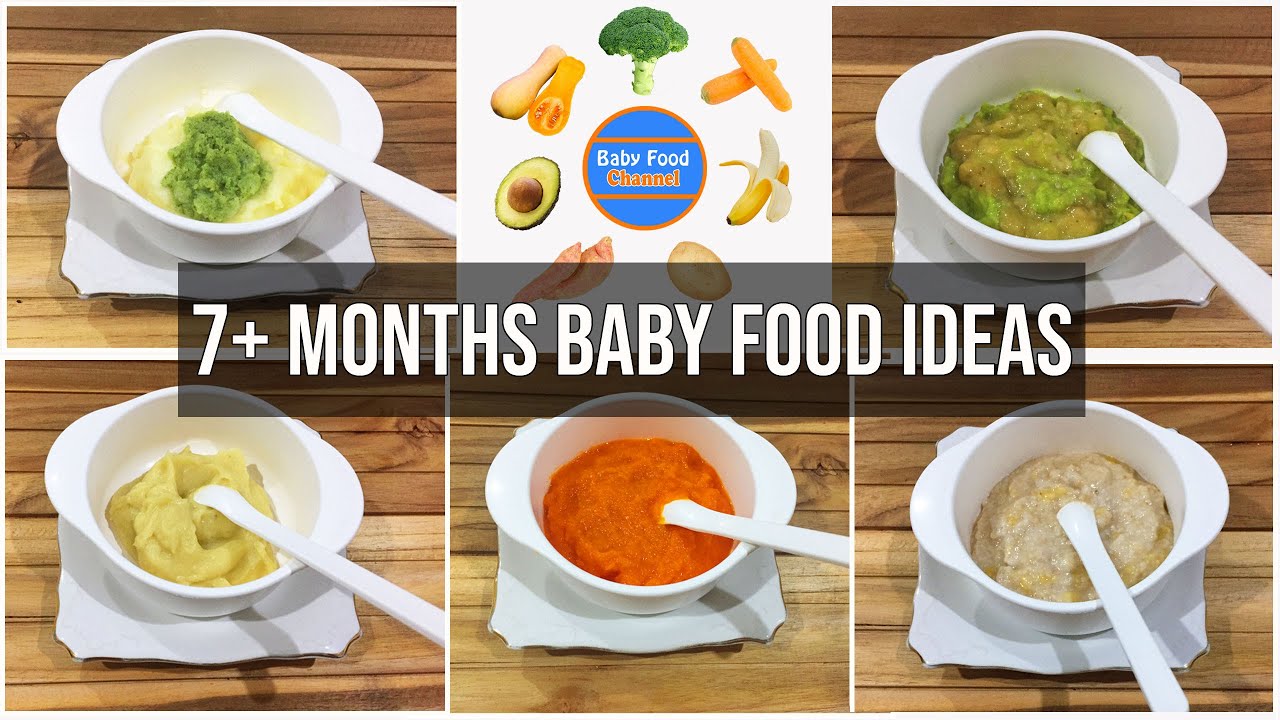
Cheers upon hitting your child’s wonderful 7th month, a truly astonishing occasion. Your youngster’s nutritional needs are shifting as you monitor them mature while discovering the world around them. It’s a carefully orchestrated concert of flavors, textures, and sustenance that is crucial to their general health and growth.
Your child’s taste buds appreciate the new and different flavors that await them; mealtime transforms into a fascinating excursion of learning. The feeding schedule of a 7-month-old baby that we present here takes into consideration their specific needs. While balancing the consumption of nutrients with exploration, resulting in cheerful mealtimes that promote both their bodies and their developing delight in nutritious foods.
1. Importance of a Feeding Schedule of 7 Month

As your kid is 7 months old, their appearance endures incredible modifications and rapid growth. A well-structured ingesting feeding schedule for 7-month-old serves as essential for encouraging their growth milestones. A predictable feeding schedule allows your infant an overwhelming sense of familiarity and predictability, which leads to a more happy and comfortable baby.
When kids know what to expect, it is simpler for them to manage their desire for food and prevent being too hungry or grumpy between meals. Additionally, a consistent feeding schedule for a 7-month-old lays the foundation for solid meals, allowing for a smooth transition from infant formula or breast milk to an expanded nutritious diet.
2. Nutritional Considerations for a Seven-Month-Old

Formula or nursing milk remains an infant’s primary supply of sustenance at 7 months. They ought to receive between 24 to 32 ounces of formula or mother’s milk per day, spaced out over four to five feeding. Keep in mind that each child is different, and some babies might want a certain amount of milk based on the rate of development and particular demands.
Constantly pay close attention to the signals your child provides and alter the frequency and quantity of a meal suitably. It’s essential that you focus on high nutrients choice when your baby commences on their thrilling journey with solid meals to promote the development of their bodies. To support healthy red blood cell synthesis and growth of the brain, iron-fortified cereals for babies like rice, oats, or barley are great first foods. Mixing these cereals with formula or breast milk will help ease the transition by retaining the connection.
3. Starting Solid meals
Your baby will likely be ready to open up their pallet with an assortment of nutritious meals by the time they are 7 months old. It’s generally a good idea to start offering a variety of pureed, mashed, and other soft suppers at this age. However, every child is different. To check for allergic responses, start with snacks that just consist of one thing as a feeding schedule for 7 month old.
Some Solid Food for Your 7-Month-Old
1. Mashed food like potatoes, avocado, or carrots
2. Cereals
3. Cooked and mashed lentils
4. Baby food without adding sugar
4. Self-Nourishing and The Use of Finger Meals
Gaining Precise Cognitive Abilities
Your baby’s dexterity begins expanding around the 7-month mark, making self-feeding an exciting triumph. To encourage independence while boosting their motor skills, give children tiny, soft finger meals like cooked pasta, soft fruits, and well-cooked veggies.
Age-Related Finger Foods
Your child might encounter new sensations, flavors, and shapes when introducing finger foods. A mealtime’s sensory experience improves by giving other age-appropriate options for them to self-feed. Consider self-eating or self-nourishing in the feeding schedule of 7 month old.
5. Snack Period
If you want to satisfy the infant’s daily energy needs, you can begin with a few healthy treats, in addition to three nutritious meals each day, as a feeding schedule for a 7-month-old. Avocado sections, yogurt, cheese cubes, and crackers made from whole grains are all suitable snacks. Offer no sweet treats or anything that could result in choking.
6. Food-Related Allergies
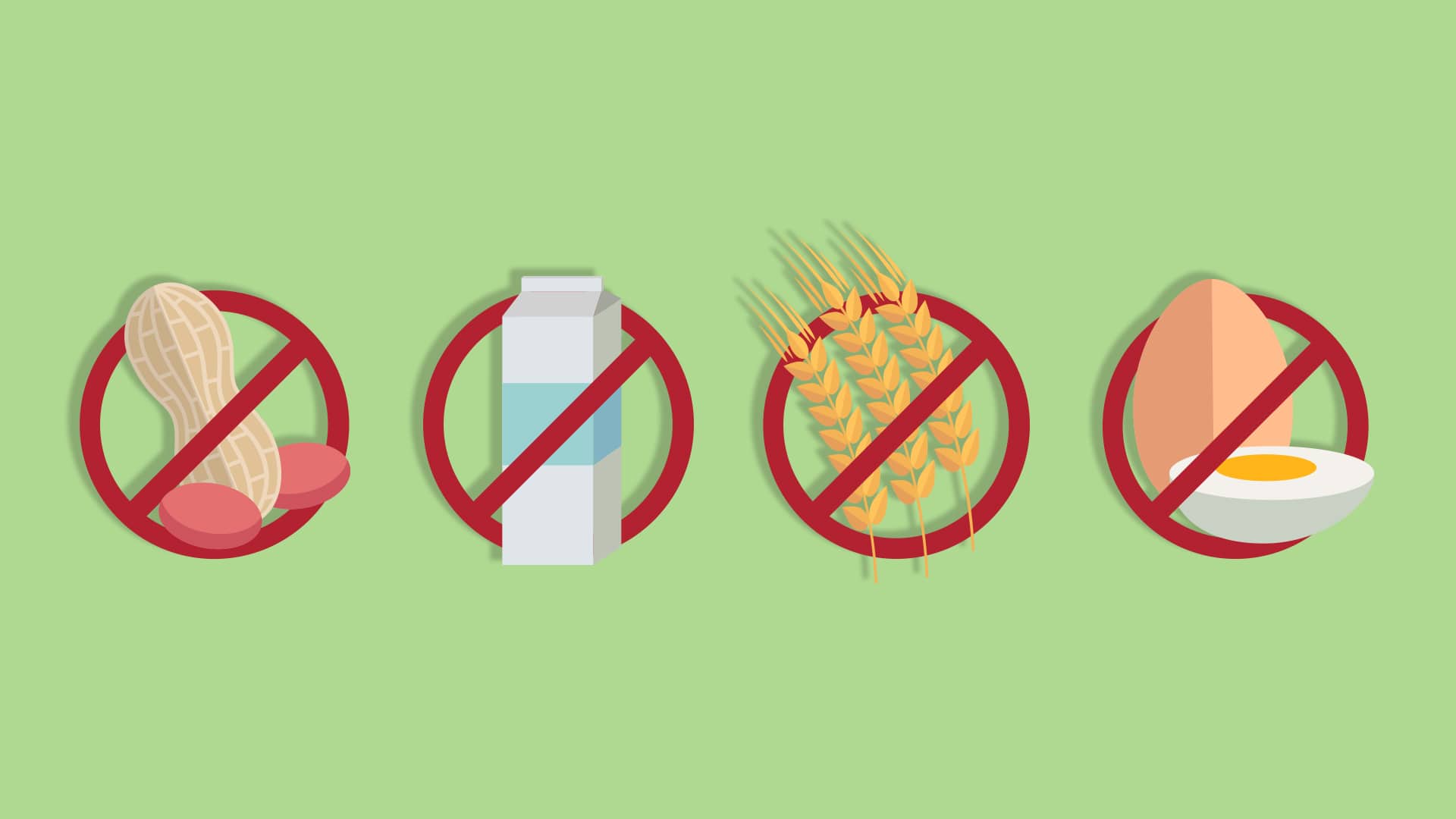
Many doctors advise beginning mildly allergic foods, such as peanut butter, tree nuts, wheat, soy, fish, and shellfish, around the moment a child is 7 months old and follow the feeding schedule of 7 month old. Start with minimal doses and keep an eye out for adverse reactions. If you are worried about your baby’s probable allergen risk, always consult a pediatrician before administering hazardous foods.
7. Breastmilk or Supplement Feeding?
Formula or mother’s milk continues to be your infant’s major source of nutrition at 7 months. Maintain a feeding schedule for 7 month old, providing formula or breastfeeding milk every 3 to 4 hours during the entire day, with a goal of 6 to 8 feedings in 24 hours. This, in accordance breastfeeding schedule, helps make sure your baby gets the nutrition he or she needs for quick expansion and growth.
8. Adequate Amount of Food Required for 7-Month-Old
Solid
Introduce solid food in the feeding schedule for 7-month–olds 2 times a day. Solid food is given to babies in a very small quantity.
Mother Milk
for every 4 to 5 hours, 8-9 punch of milk is ideal.
Formula or Packed Baby Food
Give formula or baby food after 6-7 hours to your baby; the quantity should not be more than 6 to 8 ounces for an ideal feeding schedule of 7 months old.
9. Fluid Intake

Your baby may also be prepared to take sips of water at 7 months, in particular between meals as well as throughout the feeding schedule of 7 month old. After their substantial meals, give them only a small amount of water in an infant sippy cup or a straw cup to aid in maintaining their fluid balance. Juice has little nutritious benefit and might speed up tooth deterioration, so prevent giving it to children this immature.
10. Food Idea for Feeding Schedule of 7 Month Old
Vegetarian Food
1. Pureed fruits like apples, bananas, peaches, etc.
2. Mashed food like avocado, peas, carrot, potato
3. Soup and vegetable puree
4. Cooked and mashed lentils
Non-Vegetarian
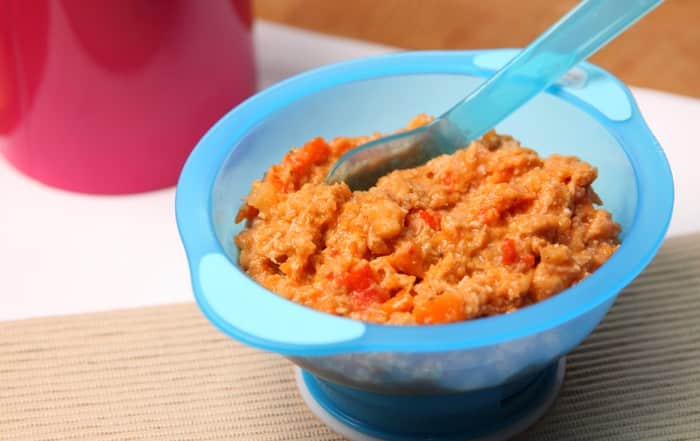
Soft and tender chicken which is properly cooked is ideal for the feeding schedule of 7 month old
Cereals and Other Meal

Baby food with breast milk without sugar. Porridge from rice lentils, but don’t add salt to it. Protein-rich food like tofu but avoid dairy product
11. Food to Be Avoided in The Feeding Schedule of 7 Month Old
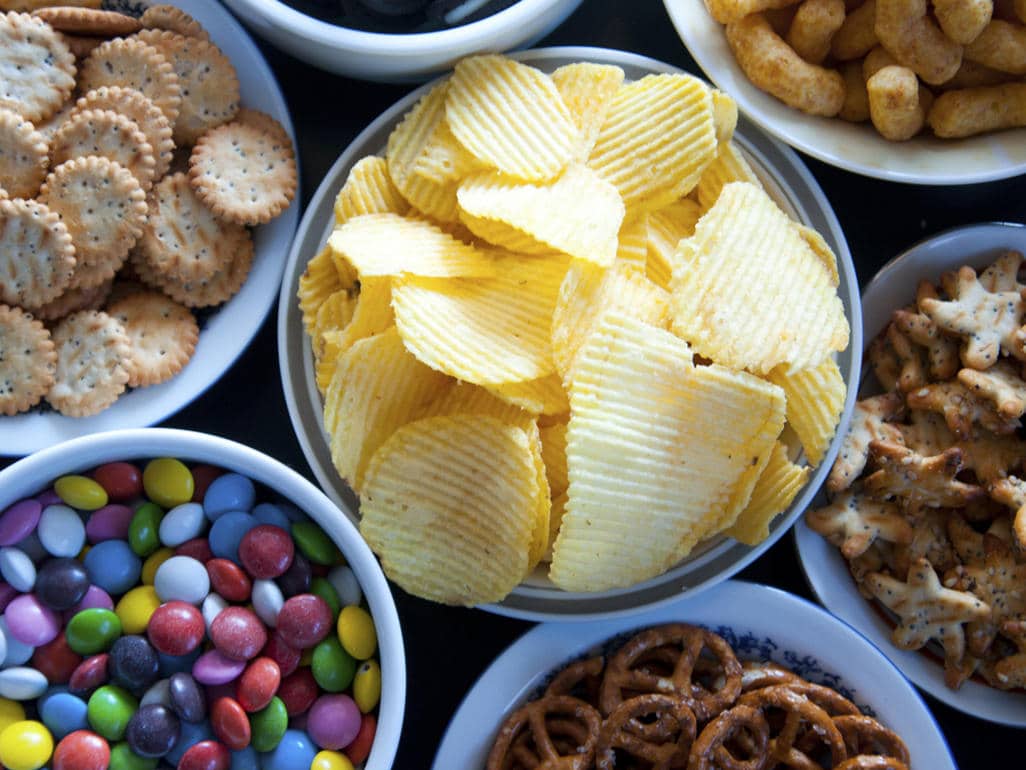
- Dairy products, especially cow milk, as it is a difficult task for your baby to digest it.
- Few foods like fish and eggs are introduced a little longer, and it is not best for the feeding schedule of 7 month old.
- Packaged food or processed food is a big no for your little one.
- Choking food like grapes and peas should be avoided in the feeding schedule of 7-month-olds.
- Sugar, honey, and salt are a very bad choice for your little one, so do avoid it.
12. Sample of The Feeding Schedule of 7 Month Old
Early in the morning, when the baby gets up, nurse your little one
- Breakfast: After one hour of milk feeding, feed something solid like mashed vegetable potato, avocado or carrot, or cereals in small portions. This feeding schedule for 7-month-old will make your baby’s little belly full
- Morning snacks: breastfeed your little one once they are done with their morning nape
- Lunch: Give them a little portion of solid food
- Mid-day meal: again, breastfeed your baby after a nape
- Evening snack: a very small portion of solid food
- Dinner: Breastfeed them before their sleep time
13. Parenthood Advice on The Feeding Schedule of 7 Month Old

Baby eating can be tricky and time-consuming. To give only a tiny bit of food to the infant, you have to spend an extensive period of attention. Once you achieve success, there will be multiple attempts and blunders. A newborn might fail to open their mouth or may engage in mouth play. Food is more likely to go on the infant than within the newborn. Here’s a feeding schedule for 7-month-olds for first-time parents.
- Establish an uninterrupted nourishment routine in order to assist the baby in integrating with fresh practices.
- Preferably commence with an appetizer or rice-based dish, considering it is among the easiest to digest.
- Start with using an inadequate volume and slowly increase it. Feeding a child excessively may culminate in indigestion.
- Preservative-laden processed milk goods and prepackaged food can induce digestive complications such as constipation, diarrhea, and nausea.
- Start off with bland dishes and gradually add diverse flavors.
- To check for allergic reactions, add a single unfamiliar meal on a weekly basis.
- When beginning finger foods, make sure they are neither excessively crunchy Nor too delicate.
- Encourage the little one to become used to the aroma and texture of the meal by serving the same cuisine every single day for an entire week.
- Check a single serving of baby food, taking thought to what quantity of nutritious food your baby is going to require.
Conclusion
In brief, a 7-month-old’s development and progress are strongly contingent on the feeding plan that is developed for them, so the feeding schedule of 7 7-month-old is important. You could offer them the nutrients they need for quick development by giving them a consistent supply of infant formula or breast milk and gradually adding healthy, solid meals.
A feeding schedule of 7 a old contains adequate portions of carbohydrates, protein, and beneficial fats, as well as the first serving of allergenic products under the watchfulness of a doctor. When establishing the feeding schedule, keep in mind how each kid has distinct preferences and consumer demands. With a well-structured feeding schedule of 7 months old, you are setting the stage for a lifetime of healthy eating habits and overall well-being.

